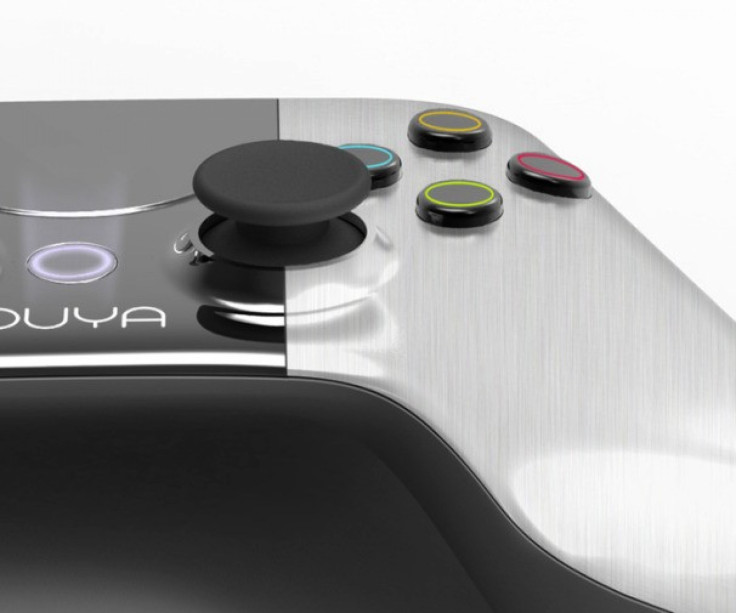Ouya Kickstarter Raises $3M For Prototype Gaming Console

Gamers are rallying around one of the most explosively popular developments in recent gaming history -- an open-source console called Ouya (pronounced like Booyah). Right now, it's just a prototype, but gamers are so interested in its future that they donated more than $3.4 million on the Ouya Kickstarter campaign this week to make it a reality.
Ouya is only the eighth Kickstarter campaign to top $1 million. While the other seven campaigns have taken as long as 57 days to raise their first million, the Ouya Kickstarter campaign broke that mark within eight hours. In the campaign's first 24 hours -- from 8:44 a.m. on Tuesday to the same time Wednesday morning -- Ouya raised exactly $2,589,687.77. That's more than double the previous record.
As of 5:30 Wednesday afternoon, 59,000 people have pre-ordered their own Ouya, with some opting to order Kickstarter-exclusive upgrades as well, including controllers with custom etching and early access to developer kits. A couple of big spenders have even shelled out for a trip to the Ouya headquarters in San Francisco to meet the developers.
What is it about Ouya that's getting gamers so excited?
For starters, Ouya, which is powered by Google's Android operating system, is intended to be the first ever open-source gaming console. This means the console's development kits are freely available, and absolutely anyone with the technical know-how can create their own game and publish it for the console.
The current crop of consoles, the PlayStaion 3, Xbox 360, and the Wii, all have closed development systems. Game developers must be pre-approved to create games for the system, and they have to pay heavy licensing fees. Not so for Ouya.
Another one of the biggest draws for gamers is the price. Ouya is only $99. And its creators have decreed that every game released for Ouya must have some free elements. This could mean that the game is entirely free, as with many Android games, or free-to-play with optional micro-transactions (in the vein of popular games like Team Fortress 2 and League of Legends). Developers can even charge for whole games as long as they offer demos or trials for free.
It's easy to see how gamers would flock to features like that.
Of course, not everyone believes in the power of Ouya. PC World has written a pretty scathing article highlighting the problems inherent in the system. Writer Alex Rubens claims that the Android market is too casual to support a full-sized gaming console, and that piracy will be difficult to curb with the product's open-source specifications.
Another possible hindrance to the system's success is the technical limitations of the system itself. At $99, Ouya won't be as nearly as powerful as the Xbox 30 or PlayStation 3, and it certainly won't compare to the next-generation systems.
Still, popular indie games like MineCraft have shown that there are gamers out there willing for forgo fancy graphics if it means high-quality gameplay. Ouya is banking on building an audience with these games, and by the looks of it, they're doing quite well.
© Copyright IBTimes 2024. All rights reserved.












